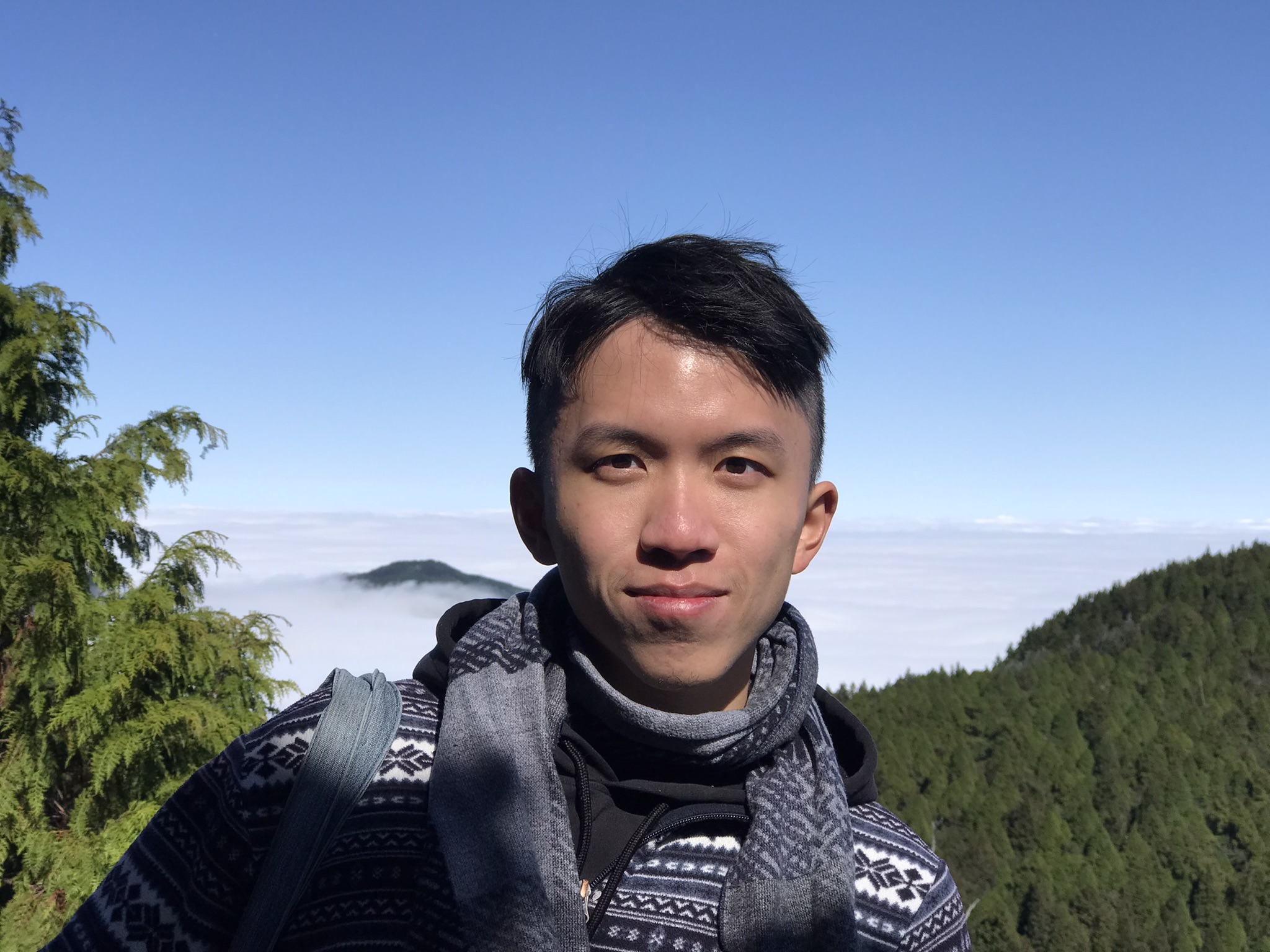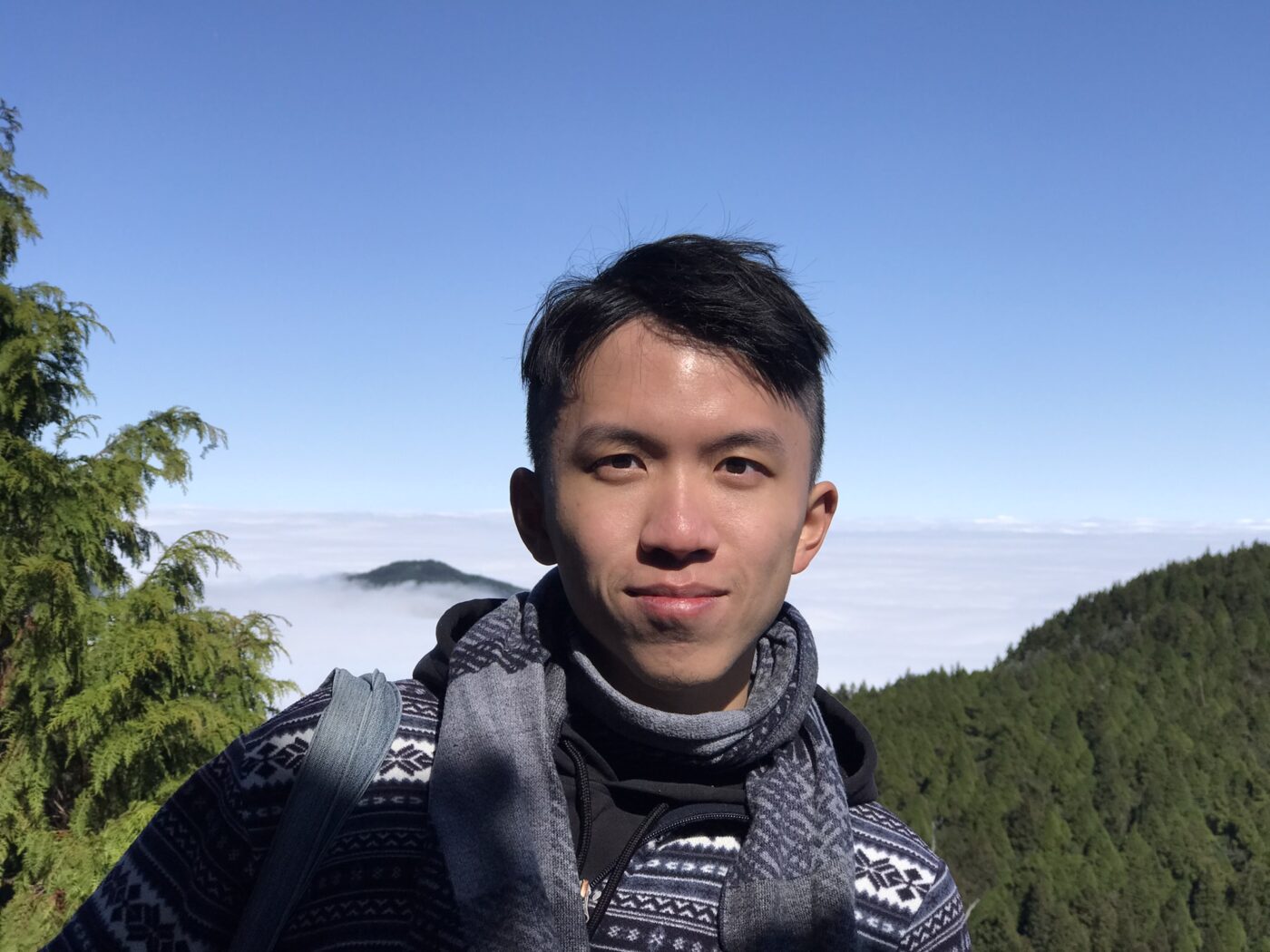My research focus will be on the East Asian concept of atmosphere called qi and a practice called ‘Feng Shui’ that directs the flow of qi to achieve harmony and balance. Feng Shui originated in China some 3,000 years ago and has been popular in my native Taiwan for centuries. Internationally, the internet and migration have led Feng Shui to become celebrated as a new popular philosophy uniting East and West. Despite its global appeal, Feng Shui is still ambiguous – it means different things in different societies and to different people. In response to this, this project aims to offer a practice-based and place-based approach to understandings of qi as atmosphere. Specifically, I will draw on interviews, videography, photography, and a narrative-based experimental mode of writing to produce an ethnography of Feng Shui practitioners in Taiwan and in the UK.


